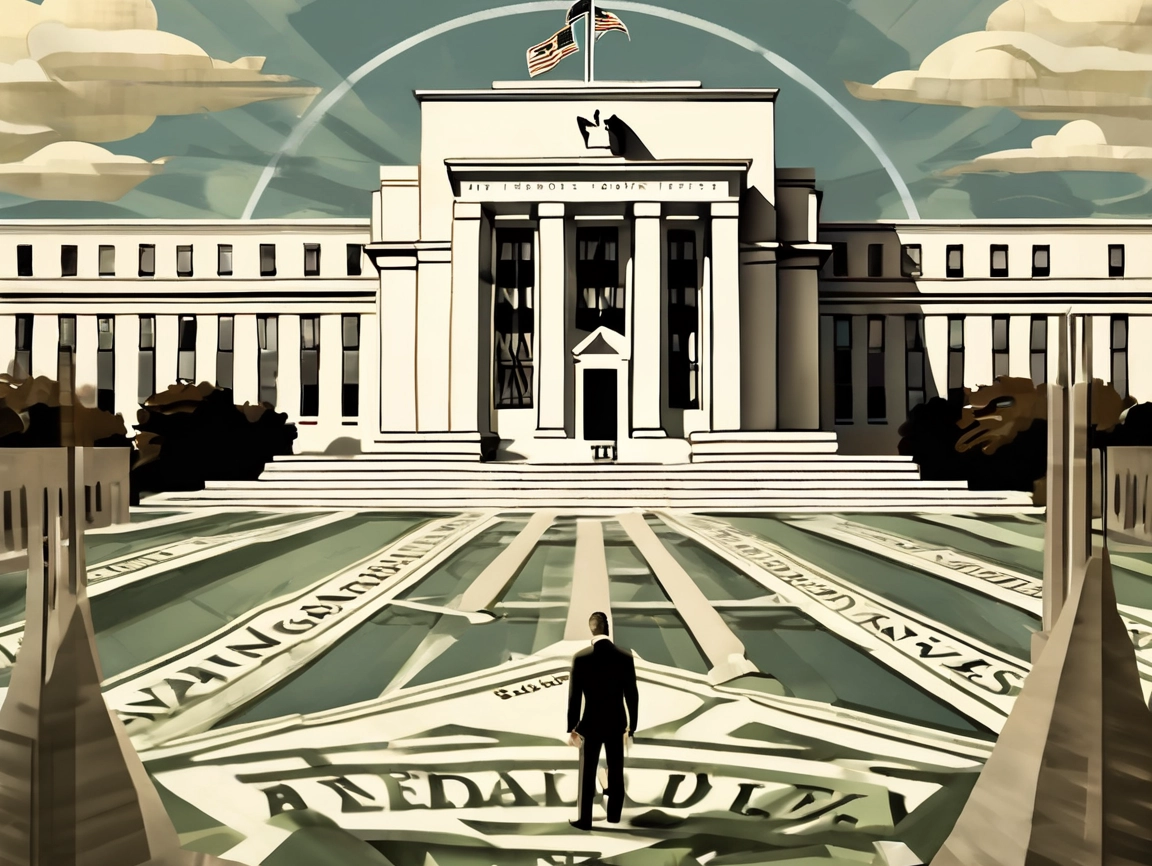As I sat down to write this month’s newsletter, I received the news that the fed had cut rates 0.25% today. This long anticipated move is the single most questioned component of real estate, so I shifted gears and decided to make this whole newsletter about rates. [Now…let me preface all of this by saying that I am NOT a Mortgage Professional; this is my take on my resources – in particular the blog by JVM Mortgage — as it pertains to real estate.] With that out of the way…
Some context
When the Federal Reserve cuts rates, they are lowering the federal funds rate—the short-term interest rate banks charge each other for overnight lending. This doesn’t directly set mortgage rates, but it strongly influences them. Interesting, mortgage rates are holding, because the markets had already anticipated in the cuts. But, here’s how this all plays out:
What it means —
- The Fed is essentially trying to stimulate the economy by making borrowing cheaper.
- Lower rates mean banks pay less to borrow money, which usually trickles down into lower interest rates across the financial system.
Effect on mortgages —
- Fixed-rate mortgages (like 30-year loans): These don’t move instantly with Fed cuts, because they’re tied more closely to the bond market, especially the 10-year Treasury yield. However, when the Fed signals cheaper borrowing, bond yields often drop, which can lead to lower fixed mortgage rates.
- Adjustable-rate mortgages (ARMs) & HELOCs: These are more directly impacted, because they’re often tied to short-term interest rates. A Fed cut usually means these rates will drop more quickly.
- Market psychology: Even the expectation of Fed cuts can cause mortgage rates to fall ahead of time, since investors anticipate cheaper borrowing costs.
What does all of this mean for the real estate market? There has been a lot of discussion about whether or not we will find ourselves in a Seller’s Market akin to 2021, and there’s been even more discussion (really, fear-mongering) about a potential market crash. Well, here are some points to consider —
- We don’t have enough homes. The U.S. is short by millions of houses, and inventory is still very low. That means demand is high.
- Home prices aren’t crashing. Prices are still up a little on average, and we don’t see the huge number of foreclosures that caused the 2008 crash.
- Mortgage rates matter most. If rates go down even a little, millions more people can afford to buy. That brings buyers back quickly.
- A stock market dip may help mortgages. If the stock market corrects, money often flows into safer places like bonds. That usually pushes mortgage rates lower.
- What this means for real estate:
- Lower-priced homes will likely stay in demand because buyers react fast when rates fall.
- Expensive markets (like the Bay Area) might slow down if the stock market drops, since many buyers there depend on their investments.
- Long term, housing is still strong because of limited supply, population growth, and inflation.
In my humble opinion: Don’t expect a big housing crash. If mortgage rates drop, buying will pick up again, especially for regular homes.



Join The Discussion